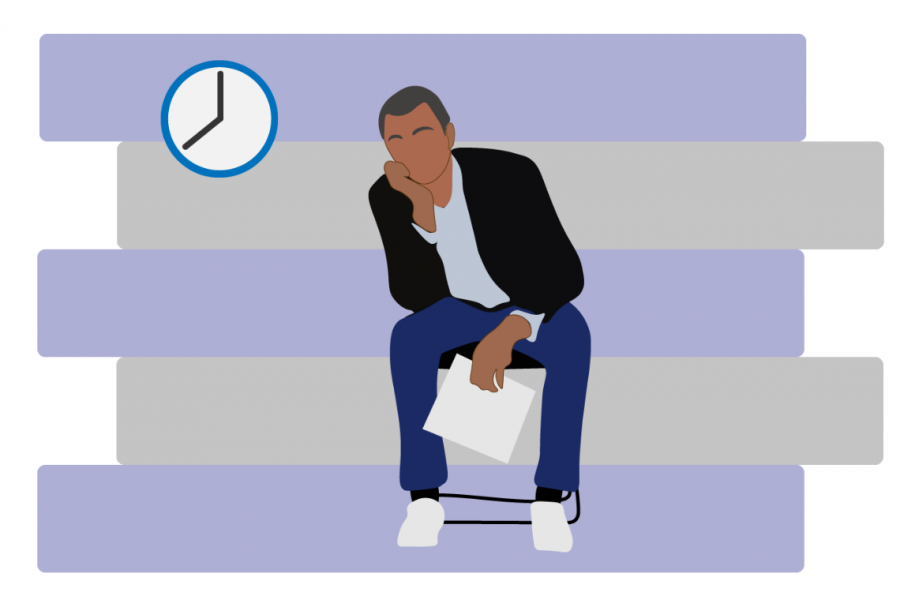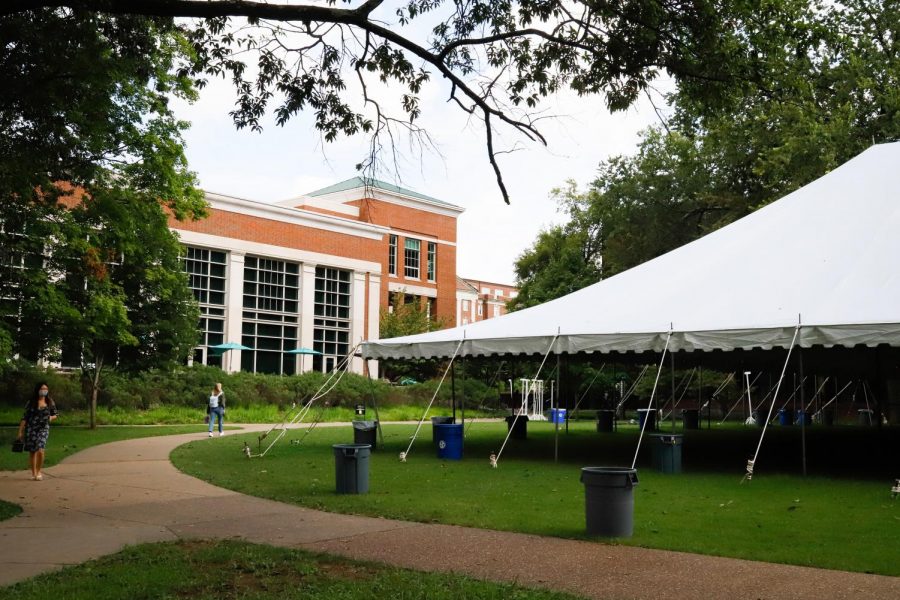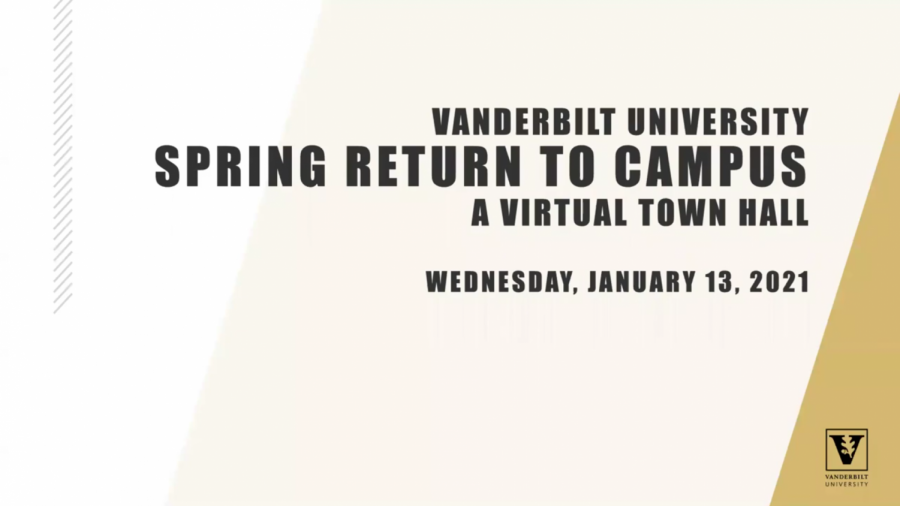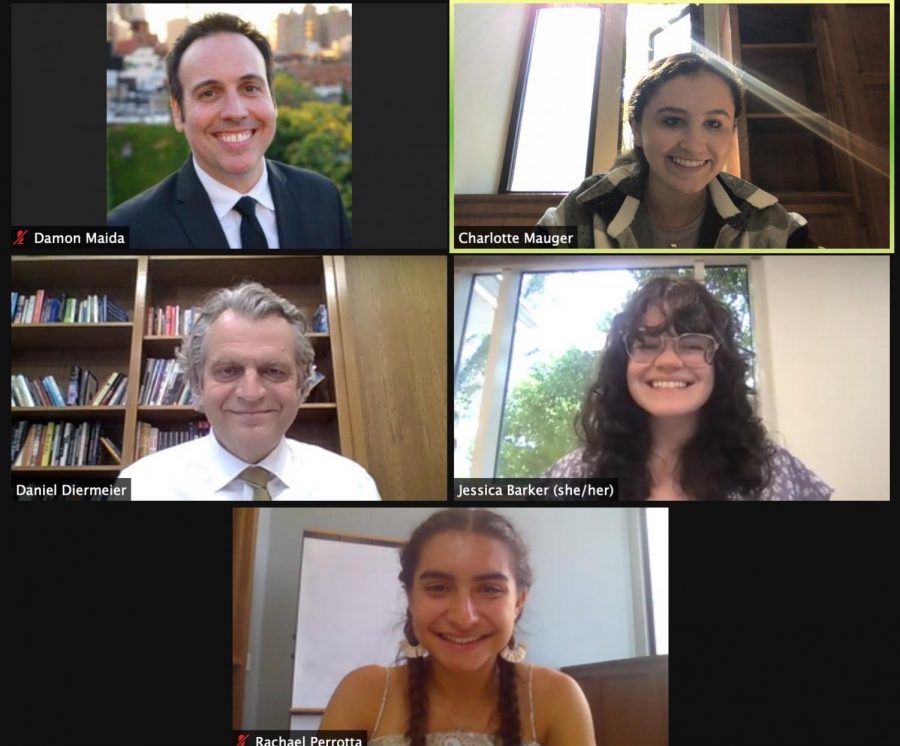Aside from a constant, tempestuous societal panic, the pandemic experience is rather dreary. So much so that it seems as though the only part of the pandemic experience worth looking forward to is the end of the pandemic experience. Deduced from this fact alone, dedicating the entirety of this article to everything COVID-19 has taken from us would prove to be a facile endeavor, and from what I hear, nothing in this world is worth doing unless it means difficulty.
Thus, instead of besting our thoughts with the possibilities pulverized by the current pandemic, I am taking this moment to consider, for a change, what COVID-19 has given us. While ostensibly fruitless, such considerations remind us that, however dreary one may be, there is always another side of the same coin.
The first pandemic positive, albeit slightly superficial, is the absolute power of the COVID- Cancellation. From Saturday tailgates to 21st birthday celebrations, COVID-19 has cancelled copious plans. These cancellations, however, are not limited to the events to which we look forward to with excitement. That is, COVID-19 provides us with a practically omnipotent excuse for the dreaded social situations we would otherwise be forced to suffer through, or, equally as bad, devise an elaborate story to excuse our absence. As one might expect, “I’m just not feeling well right now,” does wonders in a time when the threat of an exceptionally contagious virus hangs over everyone’s heads.
Secondly, the pandemic experience has given us a lot of time with nothing to do. As seen widely in the beginning stages of the pandemic (optimistically, I assume we are no longer in those beginning stages), our attempts to escape boredom are extensive, ranging from hours of TikTok scrolling to impulsive home improvement projects to baking unnecessary amounts of banana bread.
Boredom, however, is not the boogy-man; a wandering mind is nothing to be afraid of. In addition to sparking creativity, boredom provides us with the internal reflection that allows us to recognize the aspects of our lives that are unsatisfactory and unfulfilling. In this sense, there is necessity in boredom. According to The Washington Post, “when the brain is bored, it is magical, finding connections, devising ideas, making plans,” all of which prove exceedingly valuable for the college student. While many consider such a void of stimulation to be yet another thing COVID-19 has taken, we must recognize that it has also given us ample excuse to embrace boredom, a necessary and admirable part of the human experience.
Finally, the pandemic experience has gifted us with a much needed tug on the string of human vulnerability and interdependence. This pandemic reminds us that we are not invincible; we are vulnerable in every possible way.
As corporeal beings, we are vulnerable, and equally, as social beings, we are vulnerable. These facts of vulnerability, however, are not detrimental to our humanity but rather, define what it means to be human.
In the midst of this discussion on human vulnerability, it is especially important to recognize the lives that have been lost as a result of the current pandemic. The pandemic positives this article posits are not meant to outweigh or even nullify the negatives, especially the value of the lives lost. Embracing the small positives provides us with the momentary relief we need to escape our constant state of mourning.
Thus, in such uncertain times, we must take care of ourselves as well as each other. As comforting as it may seem to simply look forward to a pandemic-free future, doing so is a disservice. Instead of looking forward, look around you, and if all you see are negatives, flip the coin.











